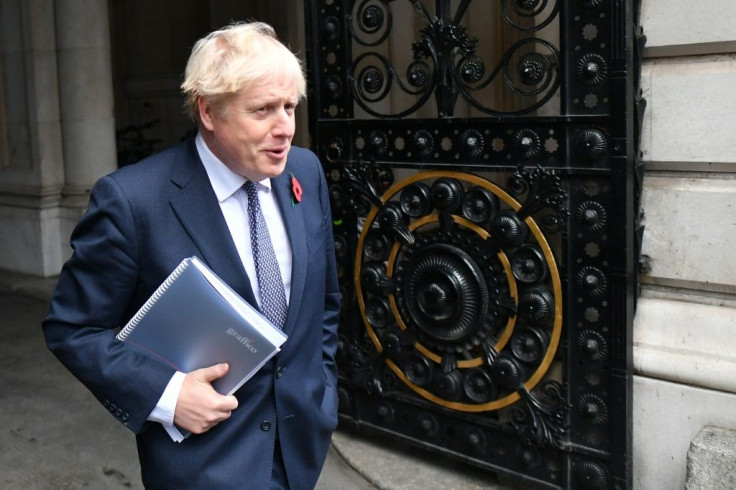Boris Johnson’s 10-Point Green Plan: Oil-Guzzlers To Be Banned By 2030
KEY POINTS
- This is part of Boris Johnson's 10-point green revolution plan for the U.K.
- Ban on combustion-engine vehicles advanced from 2035 to 2030
- New hybrid cars will be banned by 2035
British Prime Minister Boris Johnson said the United Kingdom will ban the sale of vehicles using combustion engines by 2030, five years earlier than expected. Even hybrid cars cannot be sold beyond 2035.
The move is a part of his government’s 10-point ‘green industrial revolution’ that will mobilize nearly £12 billion of government investments. “Although this year has taken a very different path to the one we expected, the UK is looking to the future and seizing the opportunity to build back greener. The recovery of our planet and our economies can and must go hand-in-hand,” Johnson said.
This is the second time that the British government is advancing the deadline to ban petrol and diesel cars. The original plan was to ban combustion-engine vehicles by 2040, which Johnson changed to 2035 in February. The government is under pressure to meet the UK’s net-zero emission goals by 2050.
France has planned to outlaw oil-guzzling cars by 2040. California pledged to do that by 2035. Norway has an ambitious goal of ending sales of these cars by 2025.
Johnson claims the Conservative government’s 10-point plan would create close to 250,000 jobs, with a focus on northern England, Midlands, Scotland and Wales.
The plan further focuses on the country's offshore wind energy, which is one of its major strengths. The country aims to produce enough offshore wind to power every home by 2030. This is 15 times more than what offshore wind currently delivers across the world and four times more than U.K.’s own offshore wind capacity. The U.K. also has plans to adopt other alternative forms of energy like hydrogen-based resources.
The government will also invest in zero-emission public transport, along with research into zero-emission planes and ships.
Under the new plans, £1.3 billion will be put into expanding electric vehicle charge points in homes and streets across England and grants worth £582 million will be given to people to buy zero or ultra-low emission vehicles. Nearly £500 million will be invested in the next four years in the development and production of electric vehicle batteries.

© Copyright IBTimes 2025. All rights reserved.





















